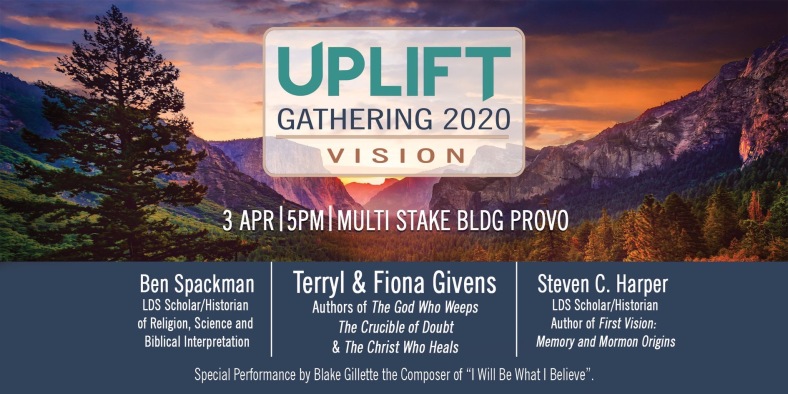
The Real St. Nicholas
One of the best ways for laypeople to learn about the history, text, interpretation, archaeology, and lands of the Bible is through reading Biblical Archaeology Review. In spite of the name, it’s not just about archaeology. It used to have a sister magazine called Bible Review which was more focused on text and interpretation, but they’ve been combined. BAR (the frequent acronym) contains writings by scholars (Jewish, Christian, LDS, nothing particular) written for laypeople, so it’s meant to be accessible and up-to-date. It also means that you’ll see things that challenge, things written from different worldviews or religious presuppositions, and, often, rejoinders by other scholars who disagree. So you’ll also learn to recognize good scholarship and quality argument.
I’ve pulled out three Christmas-y articles to show the kind of thing they do. First, Hebrew Bible scholar William H.C. Propp writes a tongue-in-cheek piece about relating Christmas and Santa Clause to asherah, the ancient mother goddess/tree/grove that Israel sometimes worshipped. The title riffs off an ancient inscription which some read as “Jahweh and his asherah.”
As it turns out, Propp was also “principal bassoonist of the North Coast Symphony Orchestra of Southern California and conductor of the La Jolla Renaissance Singers.” His musical life (and Jewish upbringing) contributed to another Christmas piece, with some history and critique of Handel’s use and abuse of the Hebrew Bible in writing The Messiah. This is article two.
Article three focuses on the how December 25th came to be celebrated as Christmas.
All three can be downloaded from here. Check out BAR. And if you’re interested in St. Nicholas, read this post.
As always, you can help me pay my tuition here. You can also get updates by email whenever a post goes up (subscription box on the right). If you friend me on Facebook, please drop me a note telling me you’re a reader. I tend not to accept friend requests from people I’m not acquainted with.





 “I confess that I am constantly appalled by the scarcity of my knowledge, and the one resentment I think I carry concerns the many pressing demands which limit the opportunity for reading.” President Gordon B. Hinckley, in
“I confess that I am constantly appalled by the scarcity of my knowledge, and the one resentment I think I carry concerns the many pressing demands which limit the opportunity for reading.” President Gordon B. Hinckley, in  First, I’ve had a lot of Facebook friend requests from readers. I’m taking a break from Facebook to focus on my preparation for my three qualifying exams in spring: American Religious History, Reformation History, and History of Science. However, I will continue posting things to the
First, I’ve had a lot of Facebook friend requests from readers. I’m taking a break from Facebook to focus on my preparation for my three qualifying exams in spring: American Religious History, Reformation History, and History of Science. However, I will continue posting things to the 






 My Oct. 8 fireside in Claremont will be repeated in San Antonio, Tx on Saturday November 11 at 6pm, in the chapel at 6240 UTSA Blvd, San Antonio, 78249. It’s on “Reading the Old Testament in Context” and is a version of my
My Oct. 8 fireside in Claremont will be repeated in San Antonio, Tx on Saturday November 11 at 6pm, in the chapel at 6240 UTSA Blvd, San Antonio, 78249. It’s on “Reading the Old Testament in Context” and is a version of my
Recent Comments